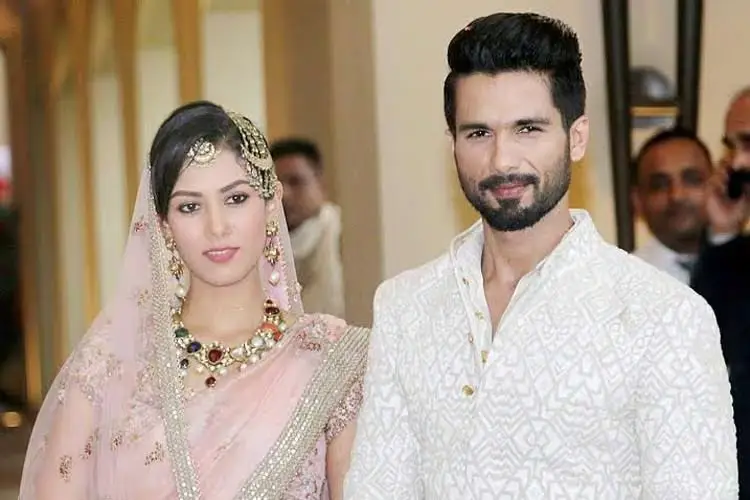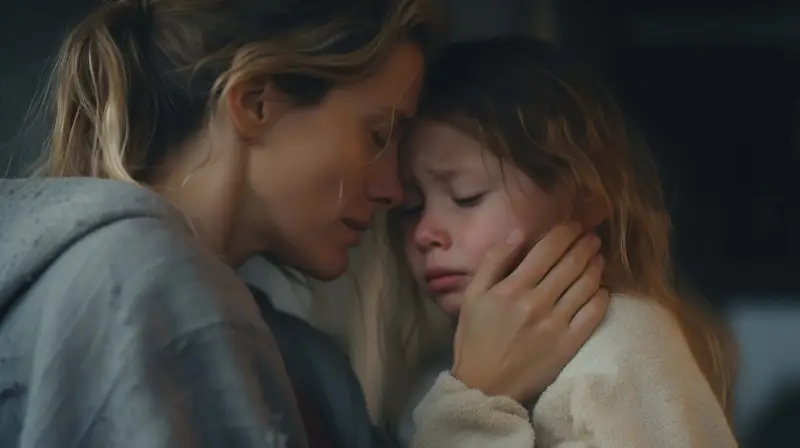Today, the world is obsessed with romantic love and soulmates. Arranged marriages may seem like a thing of the past. However, in recent years, there has been an evident return of arranged marriages in elite circles across the world.
Arranged weddings remain a deliberate step for billionaires and royal families alike, ensuring both love and legacy, money preservation, and social standing. This article explains the factors encouraging this resurgence, the changing dynamics of arranged marriages, and their importance in today’s culture.
The concept of Arrange Marriage
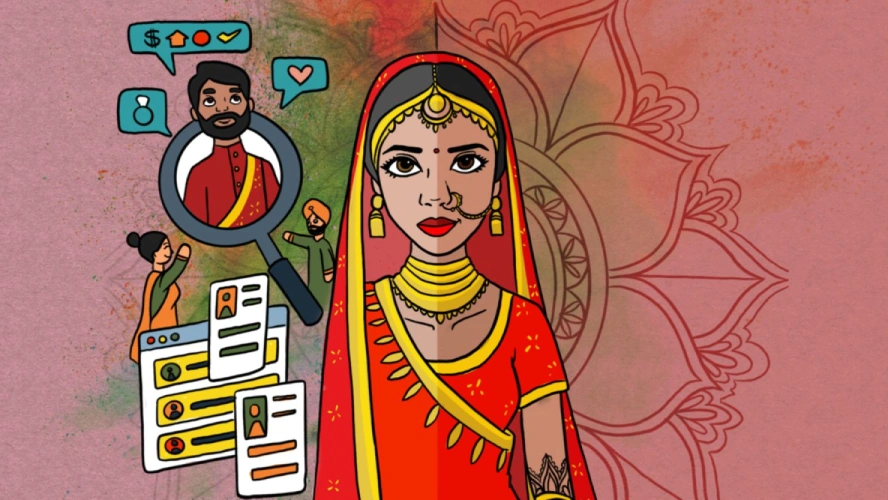
Arranged marriage is when families and social circles help choose a bride and groom. The couple can decide whether to accept or reject the match. This is different from forced marriages or love marriages.
Arranged marriages help maintain caste status, with matches based on caste, education, skin color, and other factors. Only about 5% of marriages in India are between different castes, with slightly more in cities.
This tradition is common in many cultures, especially in South Asia. It helps preserve the wealth and status of elite groups. These groups benefit from maintaining their social and economic position.
Roots of Arranged Marriage in Elites
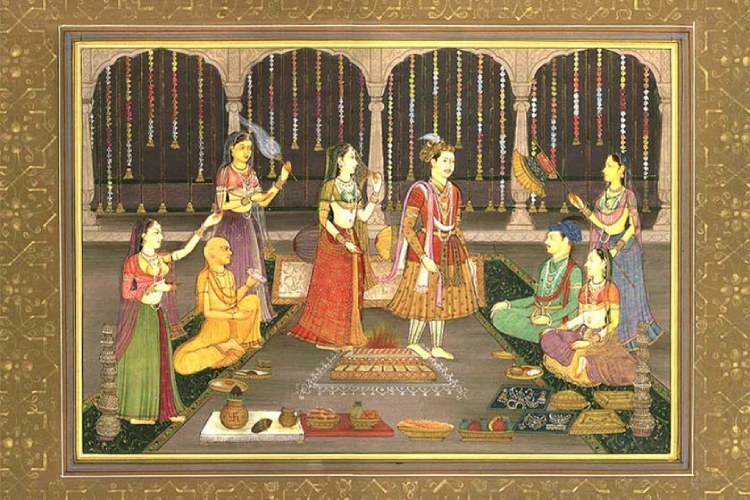
Arranged marriages have a long and rich history, especially among the ruling classes and aristocratic civilizations. In the past, these partnerships had a clear purpose: to strengthen political alliances, unite huge territories, and secure bloodlines. European monarchs, Indian Maharajas, and Chinese emperors used planned marriages to build empires and dynasties.
Even in this day of democracy and professed individual freedom, the elite continue to be drawn by arranged marriages. While the objectives may have changed, the core values remain: protecting the family’s future and assuring a strategic, advantageous union.
Why Arranged Marriages Persist in Elite Circles
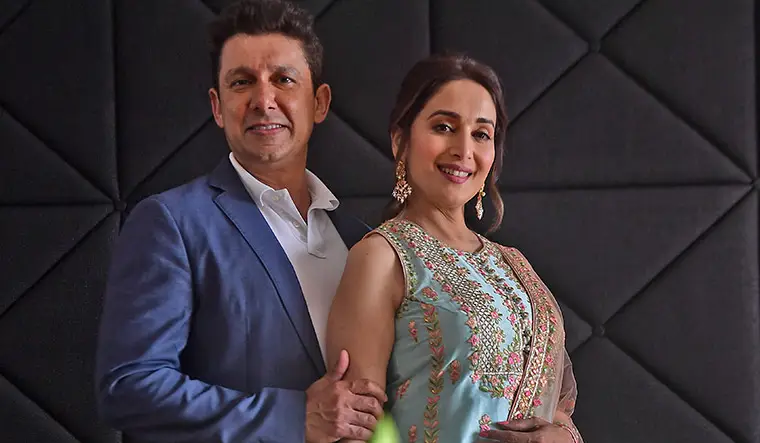
So, why are arranged marriages still prominent in aristocratic circles today? Here are several essential factors:
Preserving Wealth and Business Empires: Financial security is critical today. Marriages between families with similar wealth ensure that fortunes are kept and even multiplied. Joining business empires may increase economic power and benefit families in the competitive market.
Social standing and Reputation: Social standing is essential to elites. Arranged marriages might strengthen or raise a family’s social position. Let us consider a scenario where the son of an entertainment tycoon and the daughter of a tech business person marry, strengthening their families’ status in society’s upper classes.
Cultural and religious traditions: Arranged weddings are firmly rooted in some societies’ traditions and beliefs. Upholding these customs can allow refined elites to acknowledge their past while maintaining cultural identity.
Compatibility and shared values: Modern arranged marriages are more than cold calculations. The standard compatibility variables matchmakers compare are education, family background, and shared values. This provides mutual respect between the pair, even if romantic love isn’t the primary motivator.
Family dynamics and parental control: it’s a fact that wealthy families have a great deal of influence on their kids’ lives. Arranged weddings can help parents ensure their children marry someone who will preserve family values and contribute to the family’s legacy.
The Evolving Landscape of Arranged Marriages
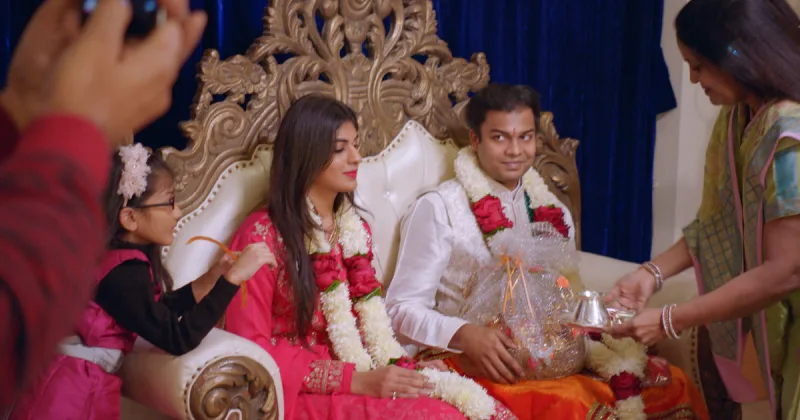
In the early 20th century, arranged marriages were common, especially in Brahmin communities. Young girls were often married off without understanding the seriousness of the situation, lacking consent.
Over time, arranged marriage practices changed. Parents began waiting until their daughters were adults and prioritized education. Although consent wasn’t always required, daughters were informed about their marriages.
Gender roles remained traditional, with men having more freedom in choosing partners. Women often faced restrictions on education and employment based on their future in-laws’ wishes.
Marriage was considered sacred, with divorce carrying a stigma. However, attitudes towards divorce are shifting, giving individuals more freedom from unhappy marriages.
In contemporary times, arranged marriages are evolving. Women and parents are asserting preferences more, challenging the importance of parental approval.
Divorce is now seen as a valid option, allowing individuals to leave unhappy marriages. However, navigating divorce laws can be daunting.
Overall, arranged marriages reflect broader societal changes. As individuals assert autonomy, arranged marriage practices adapt, leading to a more equitable approach to marriage in modern times.
Arranged Marriages in Elite Circles: Debates and Dilemmas
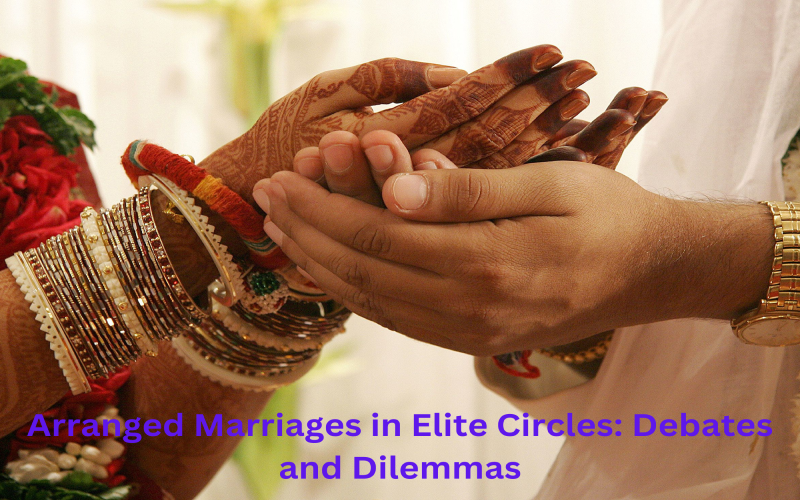
Arranged marriages in elite circles spark debate due to their complexities:
- Balancing Individual Happiness and Family Duty: Critics argue that arranged marriages prioritize family interests over individual happiness, potentially neglecting emotional needs.
- Limited Options and Societal Pressures: Elite children face pressure to conform to family expectations, with a limited pool of partners and intense pressure to uphold tradition.
- Money Doesn’t Guarantee Happiness: While wealth and status offer advantages, strategic marriages may lack emotional connection, which is essential for long-term happiness.
Successes and Challenges

Despite the controversy, there are countless success stories of planned weddings in high society. Here’s a look at both sides of the coin:
- The Power of Respect and Shared Values: Many couples in arranged marriages discuss the deep respect and understanding underpinning their relationship. Shared values, cultural background, and compatibility can result in a deep bond that develops into love over time.
- Love Blooms from the Relationship: Arranged weddings frequently begin with a formal introduction and develop into a deep relationship. Spending time together, learning about one other’s personalities, and discovering common interests can elicit genuine love and affection.
- The Challenges of Family Expectations: Even successful arranged marriages confront difficulties. Balancing individual goals with family expectations might be challenging. Handling complex interpersonal relationships and safeguarding traditions can cause conflict in a couple’s relationship.
- The Pressure to Preserve a Perfect Facade: Elite couples are under additional pressure to preserve what appears to be a happy marriage. Public scrutiny and the desire to maintain the family image can be a hardship, mainly when problems occur within the partnership.
The Future of Arranged Marriages in Elite Circles
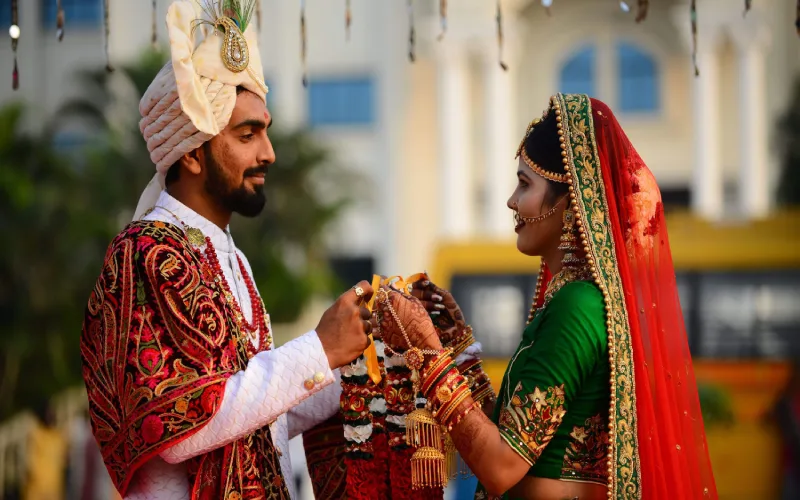
As social norms evolve, the practice of arranged marriages in elite circles might continue to transform. Here are some potential future trends:
- Increased emphasis on Individual Choice: The tradition of involving potential brides and grooms in the selection process is expected to continue. Individual tastes and suitability will play an even more critical part in arranged weddings.
- Professional Matchmaking Services: The role of professional matchmakers, who specialize in pairing together suitable persons from wealthy families, is expected to expand. These matchmakers can use data, psychology, and cultural awareness to help couples marry successfully.
- Transparency and Communication: Open communication between families and potential couples will become even more crucial. Discussing expectations, goals, and individual desires upfront can lead to more fulfilling and successful arranged marriages.
- Integration with Modern Dating: The future might blend traditional matchmaking practices with modern dating elements. Imagine online platforms facilitating connections between suitable individuals from elite families, creating a more dynamic approach to arranged marriages.
The Dark Side of Arranged Marriages
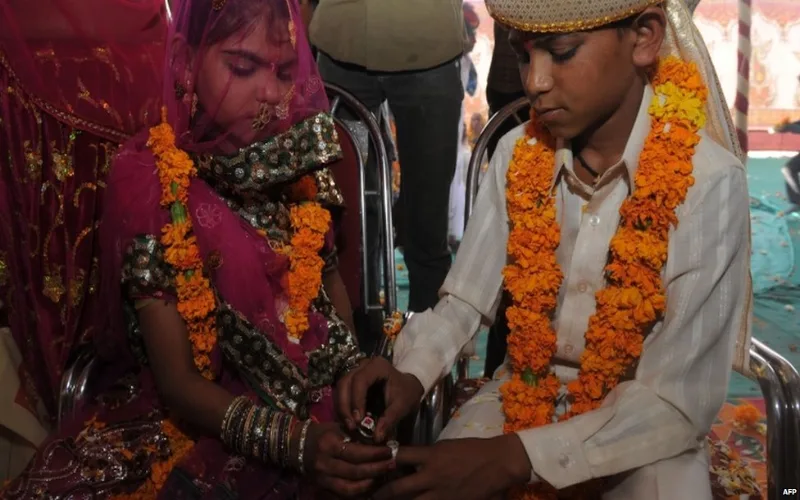
If you look at arranged weddings long enough, you’ll notice that some women have no option. Arranged marriages can result in illegal forced marriages; in many cases, the brides are under the age of 15, with countries such as Niger & India (according to UNICEF, 1.5 million girls below the age of 18 marry in India each year, despite recent crackdowns and arrests, reports AP) having exceptionally high rates of child brides.
Girls are frequently yanked out of school and isolated, with no alternatives or chances. So, while the modern trend has been to provide more authority to individuals engaged, it’s crucial to note that in many cases, it’s still a veneer, disguising abuse in the name of tradition.
Numerous positive factors contribute to the low divorce rates in planned marriages. Couples are more willing to work through problems and are more committed to one another.
Mutual admiration builds. They do not make quick decisions to marry someone out of passion or lust. It may be true in some cases. Perhaps that is even truer because some people have more influence and say in their planned weddings.
But you can’t deny the fact that, for so many young women and girls in these situations, the lack of divorce simply indicates that they have no other options and are virtually trapped.
However, there are promising developments in arranged weddings, and some people even prefer that their parents do most of the work, leaving them to merely say “yay” or “nay.” This blend of tradition with modern independence allows people to discover matches that satisfy all sides.
Do Arranged Marriages Work?
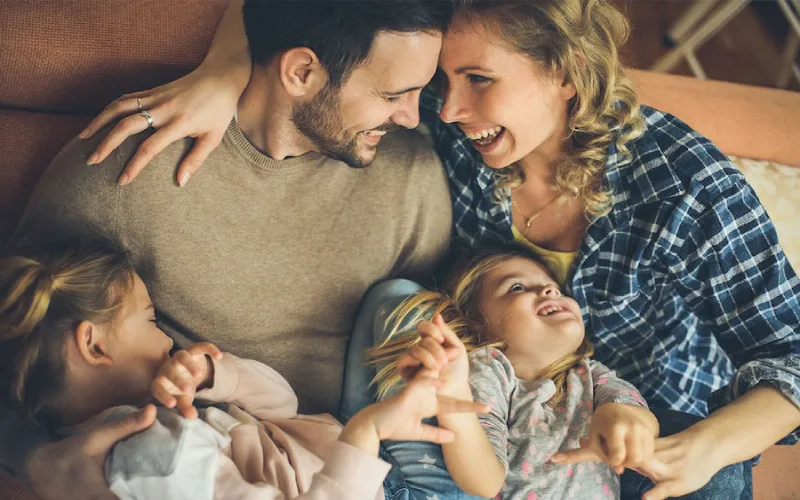
The effectiveness of arranged marriages is variable. Traditionally, they guaranteed family relationships and economic retention.
Nowadays, compatibility and some choice are considered. Success stories exist, but questions about individual satisfaction and cultural pressure always exist.
In the future, matchmaking may combine traditional and modern methods, focusing on family goals and individual needs.
Conclusion
Arranged marriages in elite circles provide an intriguing look at the crossroads of tradition, riches, and the search for happiness. While the practice raises concerns about human choice and personal fulfillment, it also offers a practical solution for preserving family legacies and maintaining social position.
Finally, the future of planned marriages in elite circles lies in balancing preserving traditions and recognizing the value of individual happiness and compatibility.
With a greater emphasis on choice, open communication, and the adoption of modern matchmaking methods, arranged weddings may grow into a more sophisticated and fulfilling tradition for future generations.
